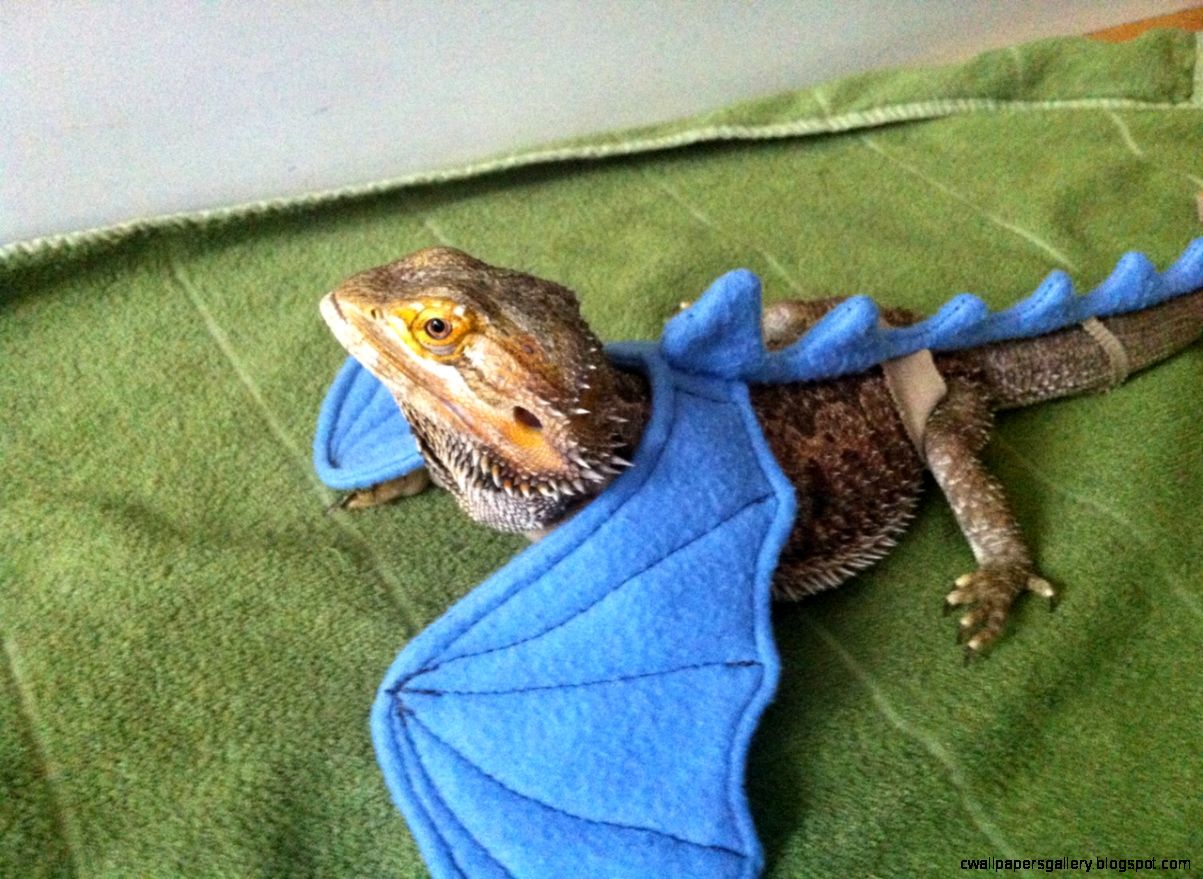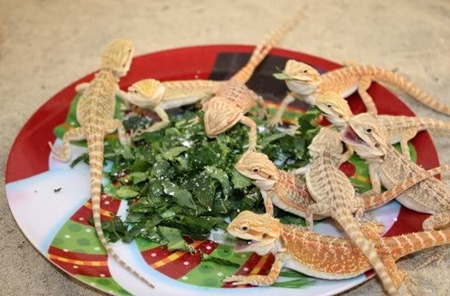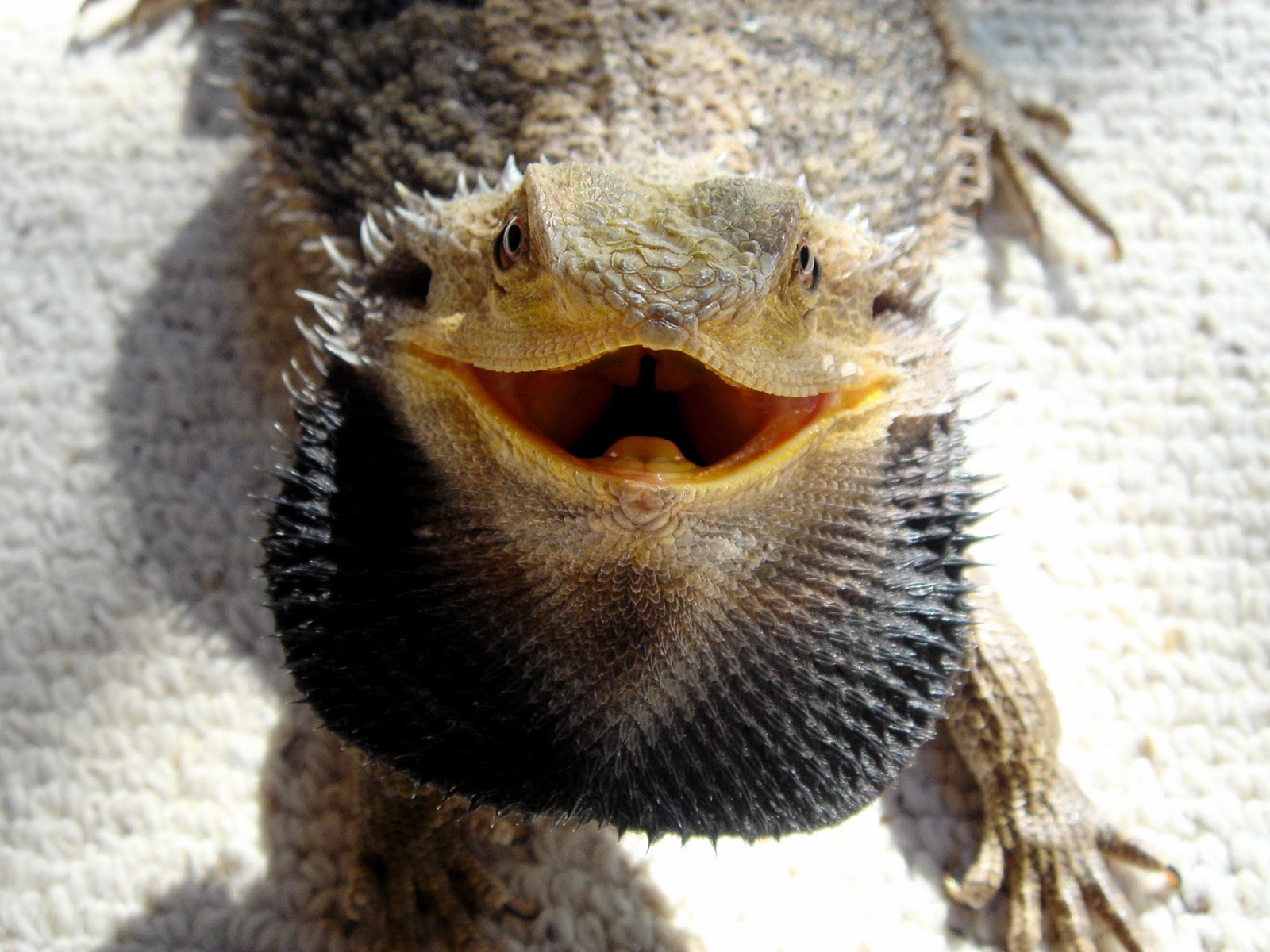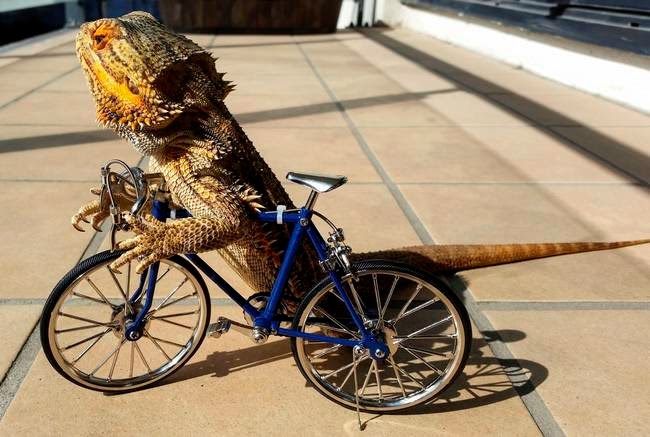The Ultimate Guide to Bearded Dragon Hunched Back: Causes, Symptoms, and Treatment
Introduction
Bearded dragons are one of the most popular pets among reptile enthusiasts. These lizards have a calm temperament and are relatively easy to care for. However, like any other pet, they can develop health issues. One of the most common problems that bearded dragons face is a hunched back. In this guide, we will discuss what causes a bearded dragon to have a hunched back, the symptoms to look out for, and the proper treatment methods.
What Causes a Bearded Dragon to Have a Hunched Back?
There can be several reasons why your bearded dragon has a hunched back. The most common ones are:
- Metabolic Bone Disease (MBD)
- Dehydration
- Injury or Trauma
- Egg Binding
- Internal Parasites
- Obesity
Metabolic Bone Disease (MBD)
Metabolic Bone Disease is a condition that affects bearded dragons when they don’t get the proper nutrition they need. Bearded dragons require a diet that is high in calcium, vitamin D, and phosphorus. If they don’t get enough of these nutrients, their bones will weaken, and MBD can develop. MBD causes deformities in the bones that can lead to a hunched back. MBD can be prevented and treated by providing your bearded dragon with a healthy and balanced diet, including the proper supplements.
Dehydration
Bearded dragons need access to clean water at all times. If they are not getting enough water, they can become dehydrated, and this can cause a hunched back. Dehydration can also cause other health issues, such as kidney problems. Make sure your bearded dragon has clean water available at all times, and you can also provide a water dish big enough for your bearded dragon to soak in.
Injury or Trauma
Just like any other living creature, bearded dragons can sustain injuries or trauma. If a bearded dragon falls from a high place, it can result in fractures or broken bones that can cause a hunched back. Injuries or trauma can also cause other medical conditions that can lead to improper bone development, resulting in a hunched back.
Egg Binding
Female bearded dragons can develop a condition called egg binding, where they are unable to lay eggs. This can be caused by many factors, such as lack of proper nutrition, lack of exercise, or not having a nesting box. Egg binding can cause a hunched back and can even be life-threatening. If you suspect that your female bearded dragon is egg-binding, you should seek veterinary help immediately.
Internal Parasites
Internal parasites are another common cause of a hunched back in bearded dragons. Parasites can cause many health problems, including diarrhea, dehydration, and malnutrition. If your bearded dragon has a parasite infestation, it is essential to have them treated by a veterinarian. Failure to treat parasites can result in severe health problems and even death.
Obesity
Obesity can cause many health problems in bearded dragons, including a hunched back. Obese bearded dragons are at risk of developing health problems, such as fatty liver disease, respiratory infections, and organ failure. It is essential to provide your bearded dragon with a healthy and balanced diet, including the proper amount of supplements and exercise.
Symptoms of a Bearded Dragon with a Hunched Back
If your bearded dragon has a hunched back, you may notice that they have difficulty moving, eating, and breathing. Some other symptoms to look out for are:
- Lack of appetite
- Lethargy
- Weight loss
- Problems breathing
- Crooked tail
- Weakness in limbs
Treatment for Bearded Dragon with a Hunched Back
The treatment for a bearded dragon with a hunched back depends on the underlying cause. Here are some guidelines:
Metabolic Bone Disease (MBD)
If your bearded dragon has MBD, the first course of action is to improve its diet. You should provide your bearded dragon with a diet that is high in calcium, vitamin D, and phosphorus. You can also provide supplements, such as calcium and vitamin D3. Your veterinarian may also recommend additional treatments, such as medication or surgery, depending on the severity of the condition.
Dehydration
If your bearded dragon is dehydrated, increase its water intake. You can provide a water dish big enough for your bearded dragon to soak in. If the dehydration is severe, you may need to take your bearded dragon to the veterinarian for hydration therapy.
Injury or Trauma
If your bearded dragon has sustained an injury, take them to the veterinarian immediately. The veterinarian may recommend pain medication or other treatments, depending on the severity of the injury.
Egg Binding
If your female bearded dragon is egg-binding, you should seek veterinary help immediately. Medical treatments, such as hormone injections or surgery, may be necessary.
Internal Parasites
Internal parasite infestations require veterinary treatment. Your veterinarian may recommend specific medications or other therapies, depending on the type of parasite that your bearded dragon has.
Obesity
To treat obesity in your bearded dragon, provide a healthy and balanced diet, including the proper amount of supplements and exercise.
Conclusion
A hunched back in a bearded dragon can be a serious health issue. It is important to understand the underlying causes and symptoms to provide the proper treatment. Always seek veterinary help if you suspect that your bearded dragon has a health issue. With proper care and attention, your bearded dragon can live a long and healthy life.








